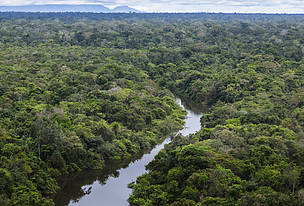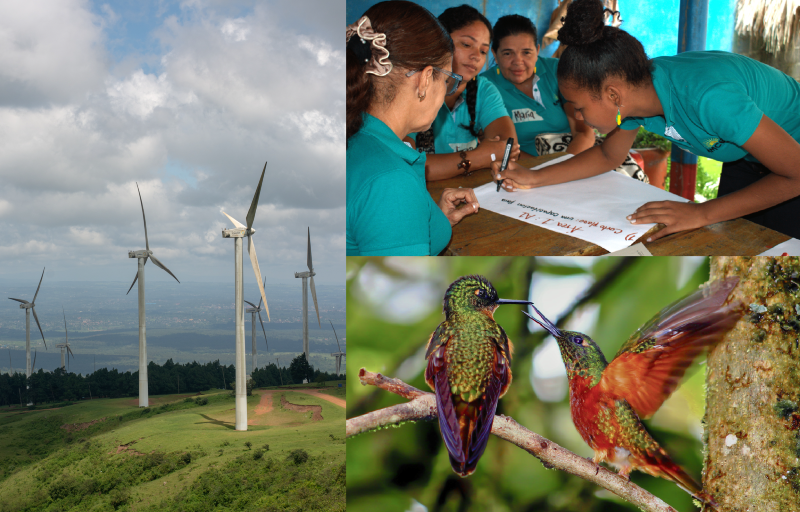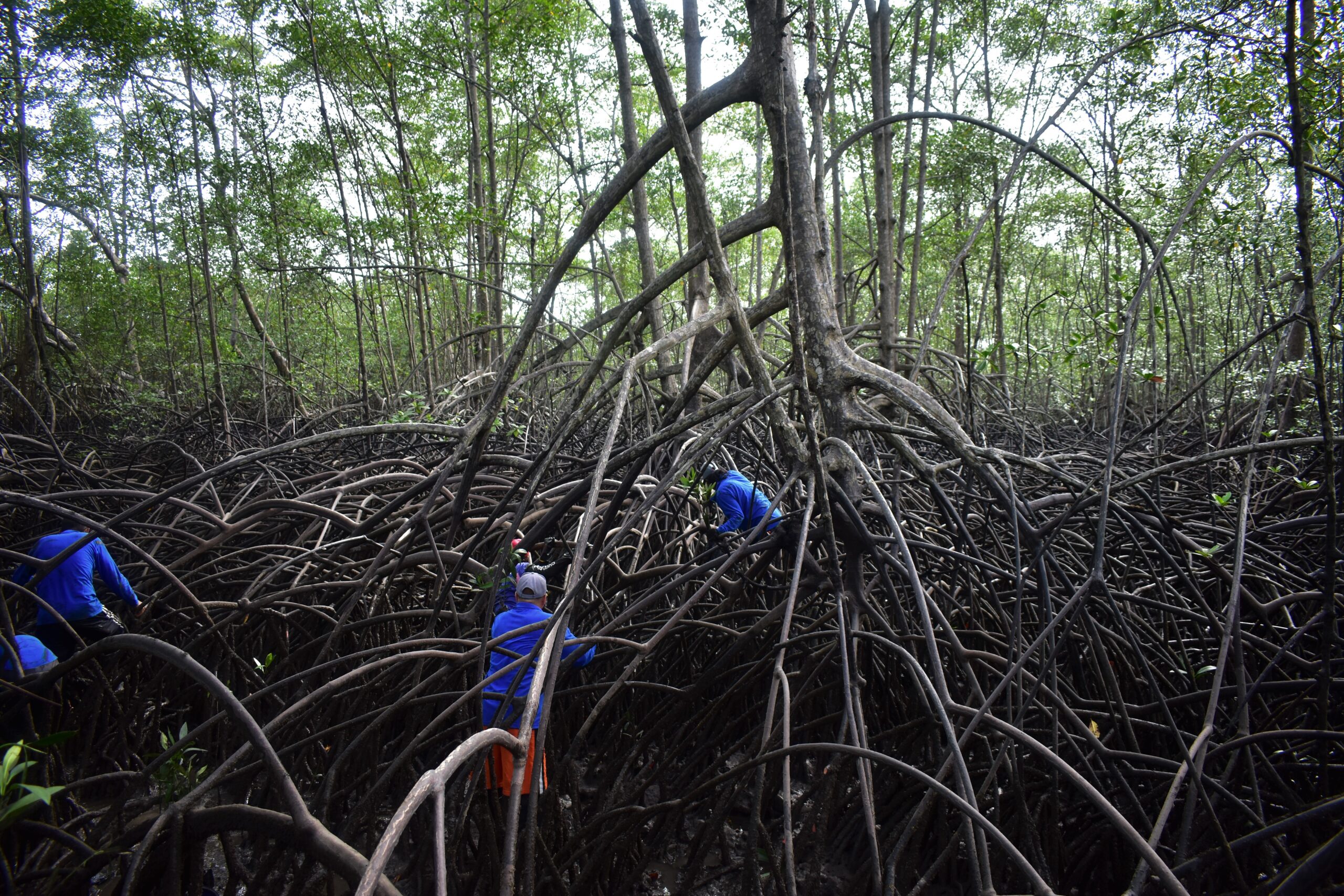Conflicts over land use and ownership are endangering numerous ecosystems
in Colombia – and minimising or resolving/transforming such conflicts contributes not only to peace, but also to the protection of biodiversity. The project is contributing to reducing or resolving/transforming land use and ownership conflicts, thus improving the management of protected areas. It is identifying the causes of deforestation, introducing a system for monitoring deforestation, strengthening plans for sustainable land use, improving capacities for conflict resolution and developing approaches to solutions. The project also strengthens the institutional framework for protected areas by means of dialogue with farmers, and mobilises public and private funds which are then used to conserve biodiversity – and the living conditions of smallholders and landless persons are being improved, making yet another important contribution to the peacekeeping processes.
Countries: Colombia
IKI funding: 4,018,000.00 €
Duration: 07/2019 till 12/2023
Status: open
Political Partner: Ministry of Environment and Sustainable Development (MADS) – Colombia
Parques Nacionales Naturales de Colombia
Implementing Partner: World Wide Fund for Nature (WWF) – Colombia
- Information generation and monitoring: To date, the community monitoring capacities of the participating groups have been strengthened in the Chiribiquete, Picachos, Macarena and Alto Fragua – Indi Wasi (AFIW) National Natural Parks. Six monitoring systems have been designed, one for each participating protected area. Four protected areas have been equipped with monitoring equipment and local monitoring reports are being prepared with community participation.
- Capacity building, dialogues and conservation agreements: Five capacity-building processes were designed and are in the process of being completed in the Picachos, AFIW, Chiribiquete, Sumapaz, and Macarena National Natural Parks, with the participation of local communities, environmental authority officials, and representatives of grassroots organizations. Two training tours on meliponiculture were also conducted. In turn, 53 conservation agreements have been strengthened with the participating families.
- 181 land-use planning exercises have been carried out to date. In addition, business skills have been strengthened in seven selected enterprises, five of which already have a market route and defined investment plans. Two of them have reached commercial agreements to export cocoa to Confiserie Dengel in Germany, with 30 tons exported in 2021 and 30 tons in August 2022. Finally, the project enabled the release of 64,640 hectares in conflict with Law 2ª zones in the El Pato – Balsillas Campesino Reserve Zone.
- A digital platform for measuring impact and connecting investors with conservation projects for Herencia Colombia was designed, and the Private Sector and Investor Engagement Strategy was implemented.
- A project delegation composed by the coordination and technical team from WWF Colombia, as well as two representatives from cocoa producer associations of the AFIW National Natural Park, and a female leader from El Pato – Balsillas Campesino Reserve Zone traveled to Germany between June 11 and 18. The work agenda coordinated with WWF Deutschland included presenting results to BMUV and ZUG in Berlin.



